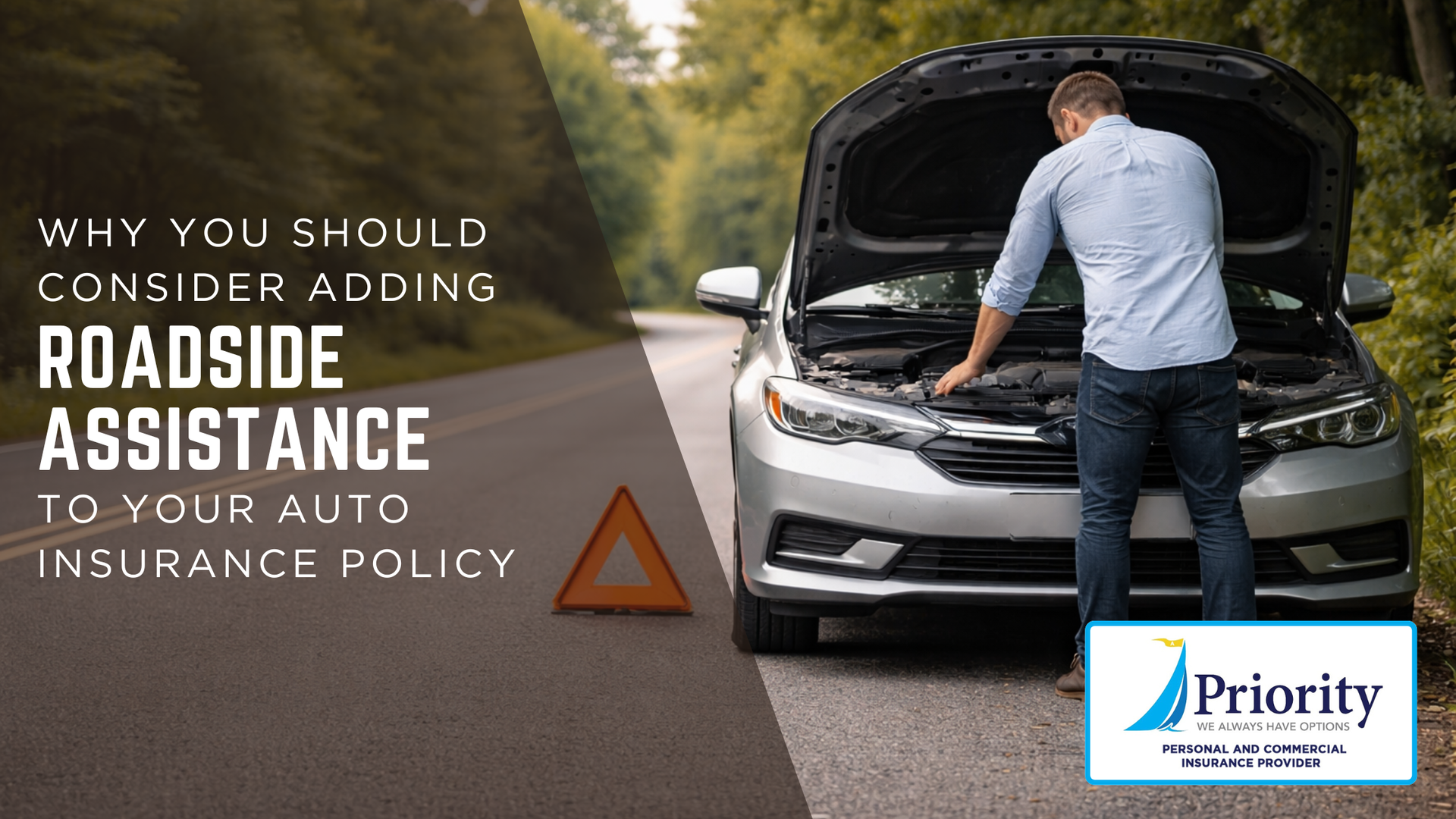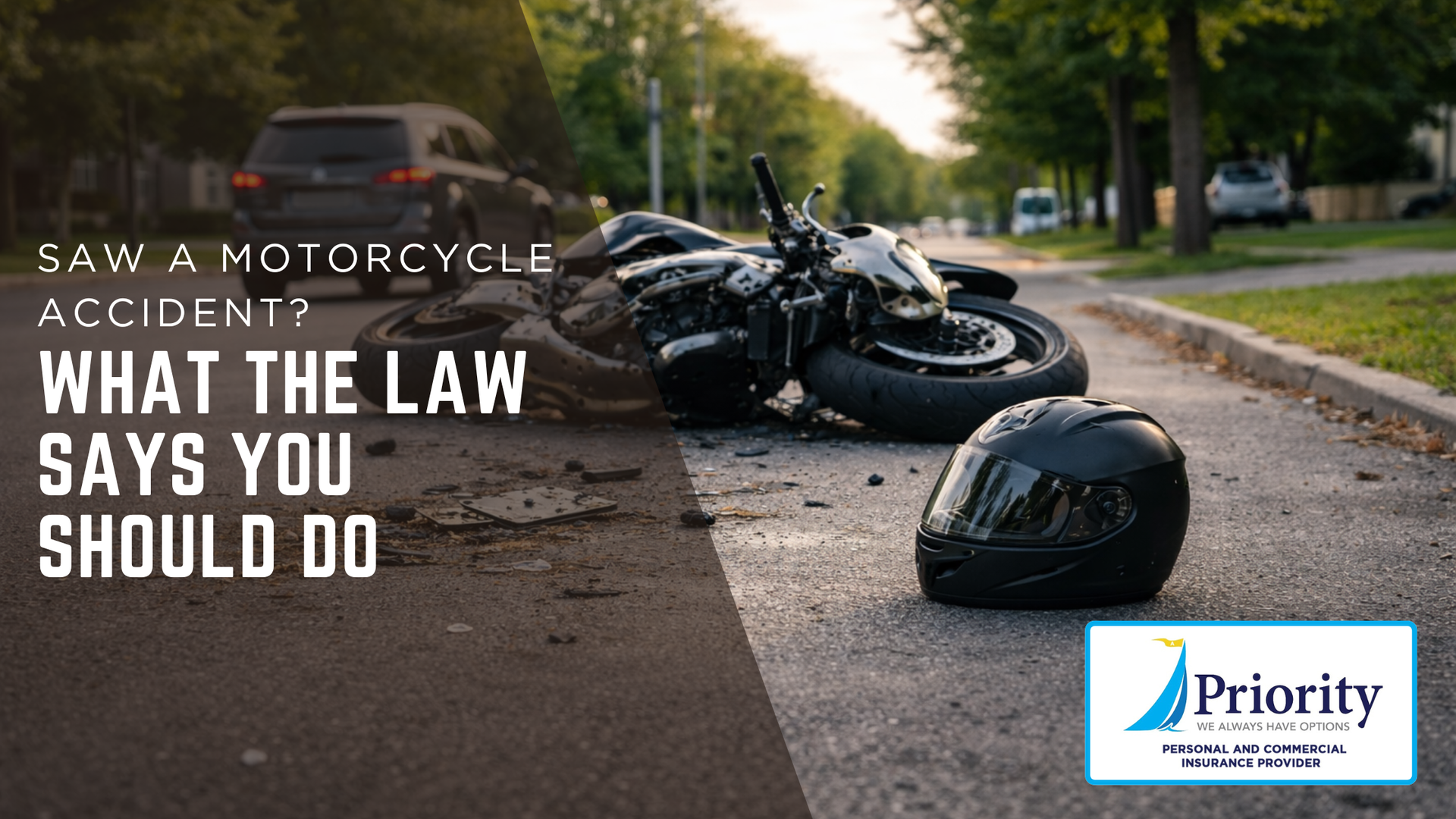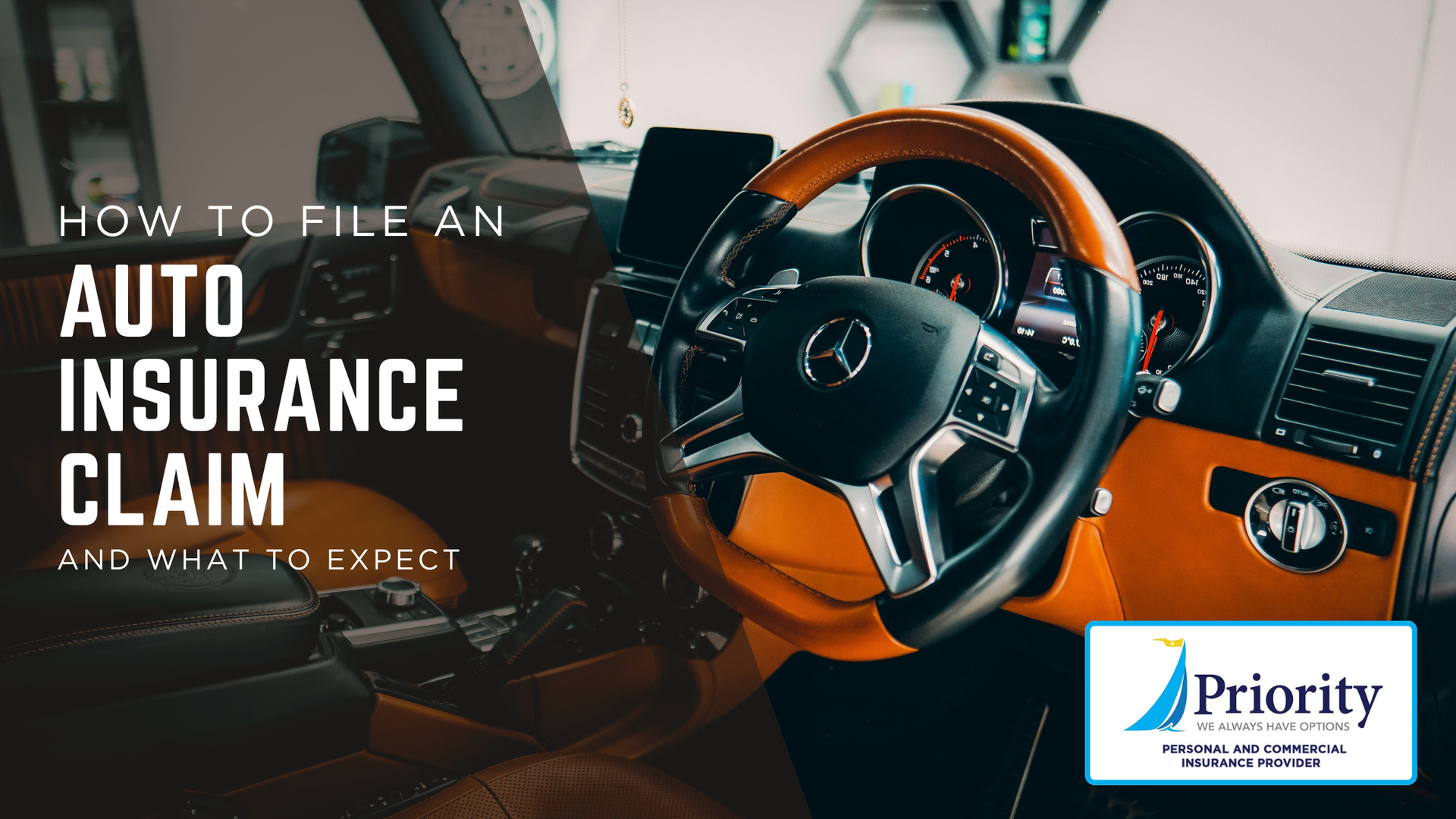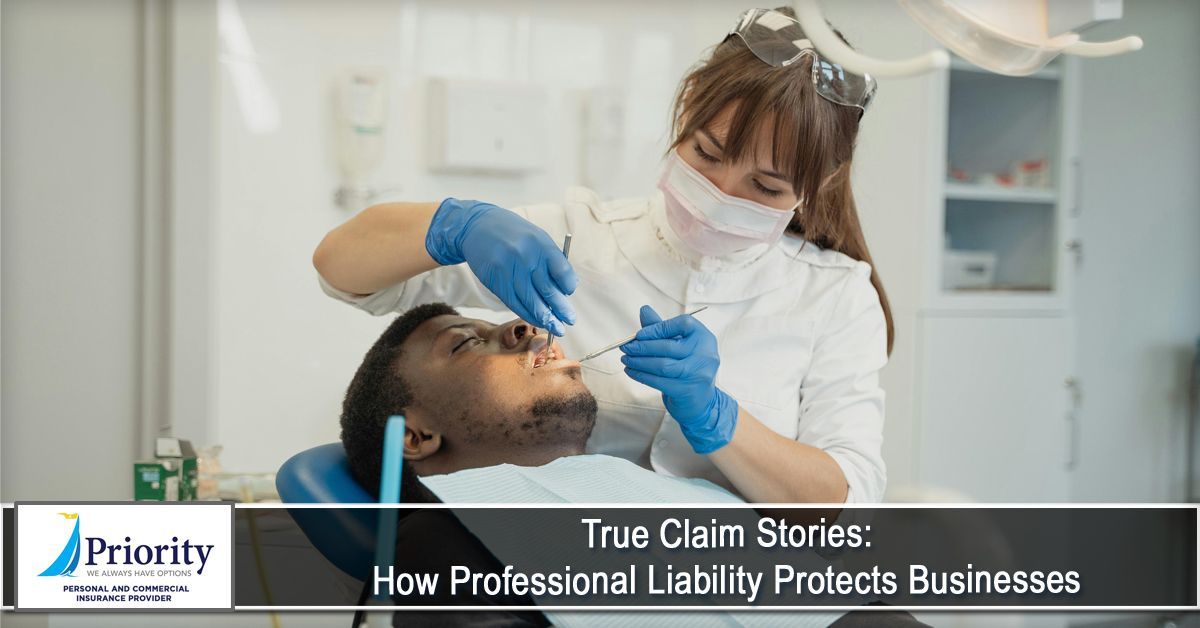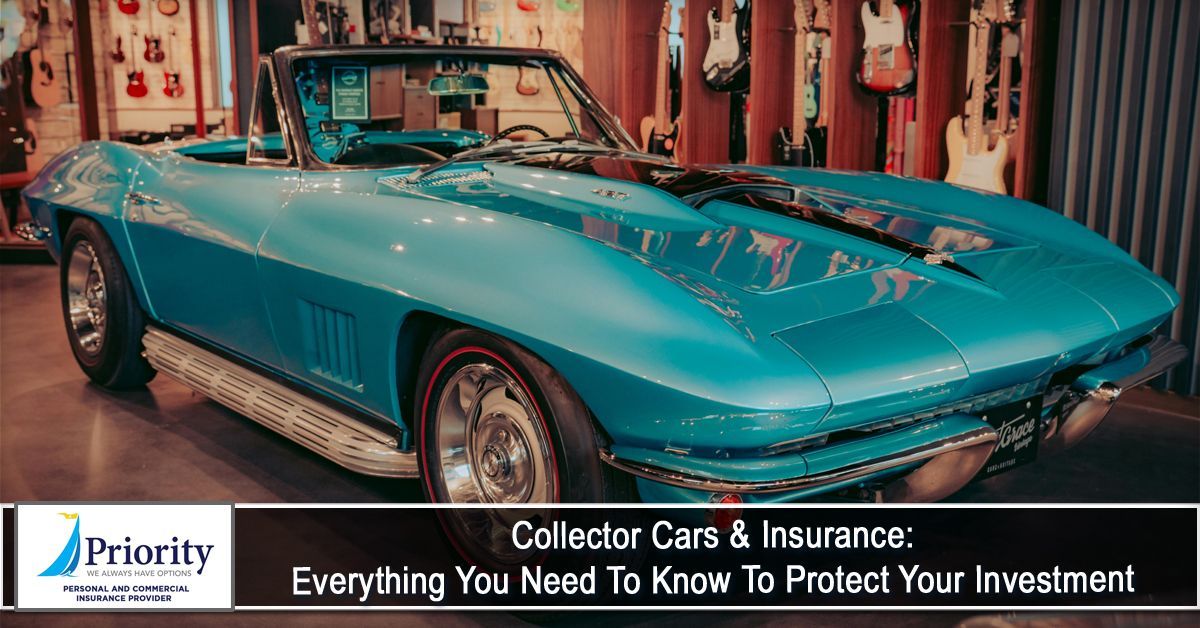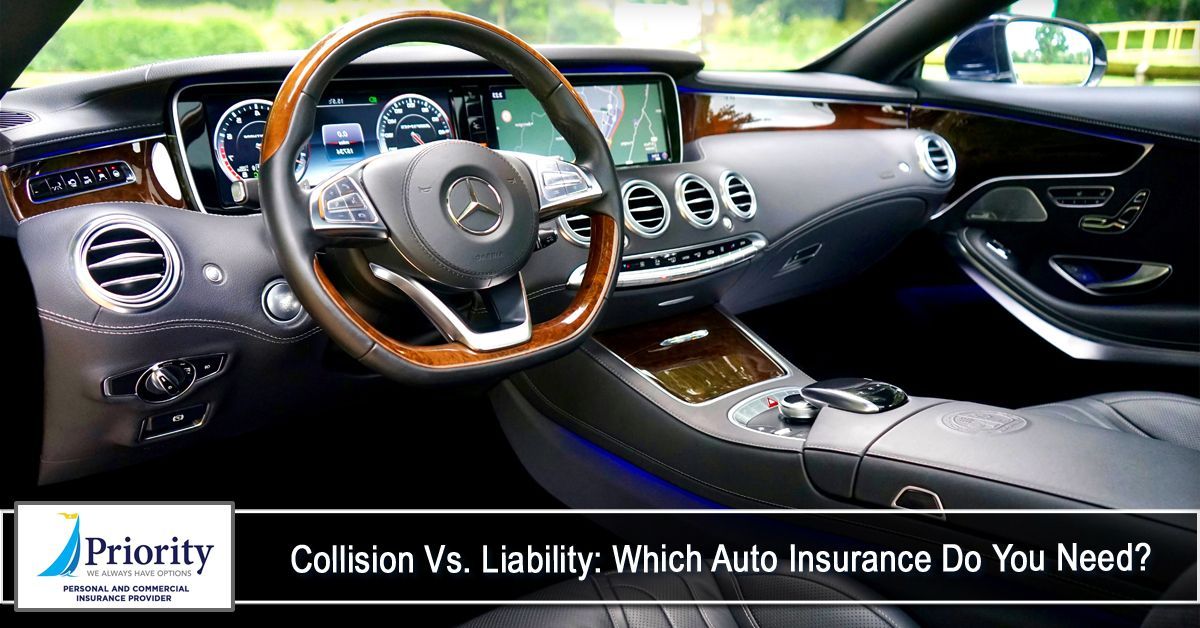
Auto insurance is essential for protecting both your finances and your vehicle. But with so many coverage types, it can be confusing to know which ones are necessary for your situation. Two of the most common—and most different—types are liability insurance and collision insurance.
Both offer valuable protection, but they serve different purposes. Understanding the distinction can help you build the right policy for your needs.
What Is Liability Insurance?
Liability coverage is the foundation of every auto insurance policy and is required by law in nearly every state. It protects you financially if you cause an accident that injures others or damages their property.
What it covers:
- Bodily Injury Liability – Pays medical bills, rehabilitation, and lost wages for injured parties.
- Property Damage Liability
– Covers repairs to another person’s vehicle or property.
- Legal Fees – Helps pay court costs if you’re sued after an accident.
What it does NOT cover:
- Repairs to your own car.
- Your own medical bills (unless you add medical payments or PIP).
What Is Collision Insurance?
Collision coverage is optional in most states but often required by lenders or leasing companies. It helps repair or replace your vehicle after an accident, regardless of who’s at fault.
What it covers:
- Damage to your car if you hit another vehicle.
- Damage if you hit an object (tree, fence, guardrail, etc.).
- Single-vehicle accidents (like rolling over).
What it does NOT cover:
- Damage from theft, fire, or weather (that’s covered by comprehensive insurance).
- Injuries to people (covered by liability, PIP, or MedPay).
Key Differences Between Liability and Collision
1.Who/What They Protect
- Liability: Protects other people and their property.
- Collision: Protects your own vehicle.
2. Legal Requirements
- Liability: Required in nearly every state.
- Collision: Optional but often required for financed or leased vehicles.
3. Cost
- Liability: Usually cheaper because it covers others, not your car.
- Collision: Costs more, especially for new or high-value vehicles.
4. When to Have It
- Liability: Always, since it’s mandatory.
- Collision: Best if your vehicle is new, financed, or costly to repair. Older cars may not need it.
Which Coverage Do You Need?
- Minimum Protection: Liability insurance is legally required and ensures you won’t face devastating costs if you cause an accident.
- Extra Protection: Collision coverage is ideal if:
- Your car is newer or expensive to repair.
- You drive in high-traffic or accident-prone areas.
- You’d struggle to pay for repairs or a replacement out-of-pocket.
Conclusion
Liability insurance is non-negotiable—it’s the legal minimum and protects others from your mistakes. Collision insurance, on the other hand, protects your own vehicle and is highly recommended if you own a newer or financed car.
The right choice depends on your state requirements, your vehicle’s value, and your financial situation. For many drivers, combining liability and collision provides a balanced approach to coverage and peace of mind on the road.
At Priority Insurance LLC, we put our clients first by offering them policies that they can afford. Having insurance is a necessity nowadays, and we're here to help you out. Learn more about our products and services by calling our agency at (864) 297-9744. You can also request a free quote by CLICKING HERE.
Disclaimer: The information presented in this blog is intended for informational purposes only and should not be considered as professional advice. It is crucial to consult with a qualified insurance agent or professional for personalized advice tailored to your specific circumstances. They can provide expert guidance and help you make informed decisions regarding your insurance needs.

